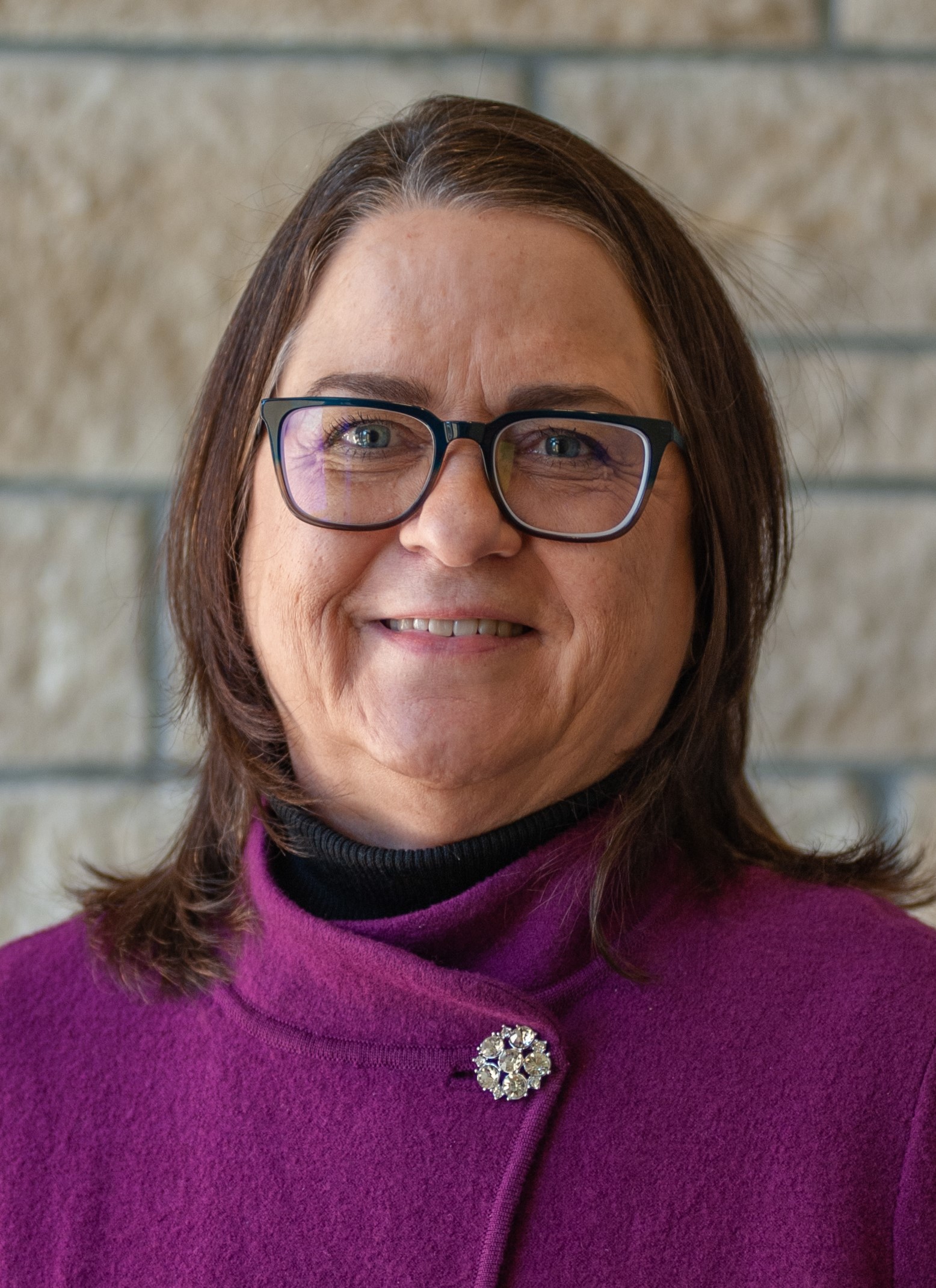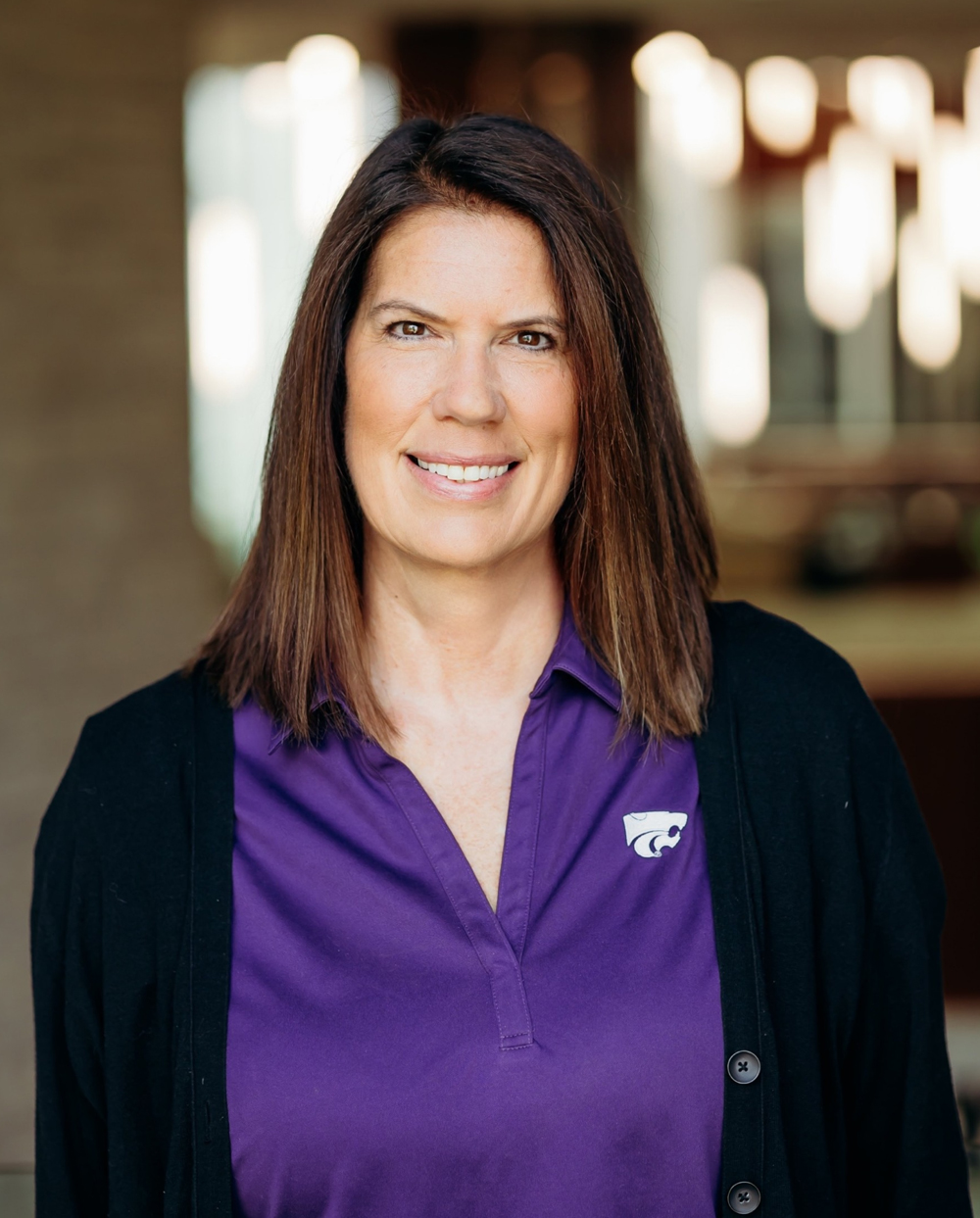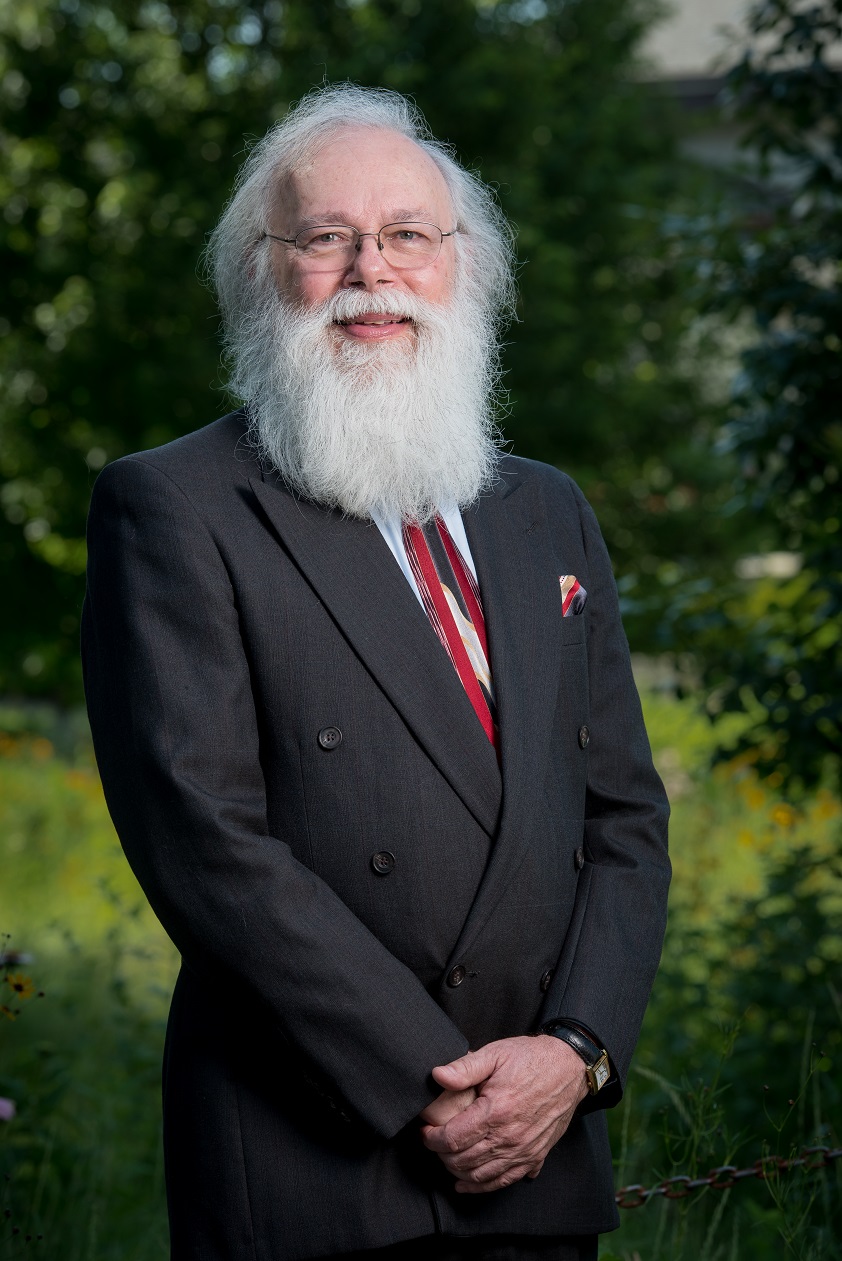Ombudspersons
At K-State an ombudsperson is an impartial faculty member or unclassified professional who serves as a resource to facilitate communication regarding concerns related to employment. The ombudsperson may also provide information about the grievance and appeal process and guide a grievant through the initial stages of a grievance. The ombudsperson assists faculty and unclassified professionals, including administrators, to provide information and facilitate communication.
Kansas State appointed ombudspersons
 |
 |
 |
||
|
Professor Interior Architecture and Industrial Design |
Academic Advisor Academic Success and Student Affairs |
|
Professor School of Music, Theatre, and Dance |
|
IOA - Who are ombuds?
Learn more about ombuds, their profession and how they can help K-State meet is full potential.
Kansas State University is committed to providing equal access opportunity and reasonable accommodation to campus programs and services for faculty, staff and students. If you require accommodation to view or hear a video live stream or archive, please submit a request for accommodation. Students should make their request to the Student Access Center. All others should request accommodation through Human Resources.
Frequently asked questions
Selected policies and procedures
- Ombudsperson (UHB Section C192)